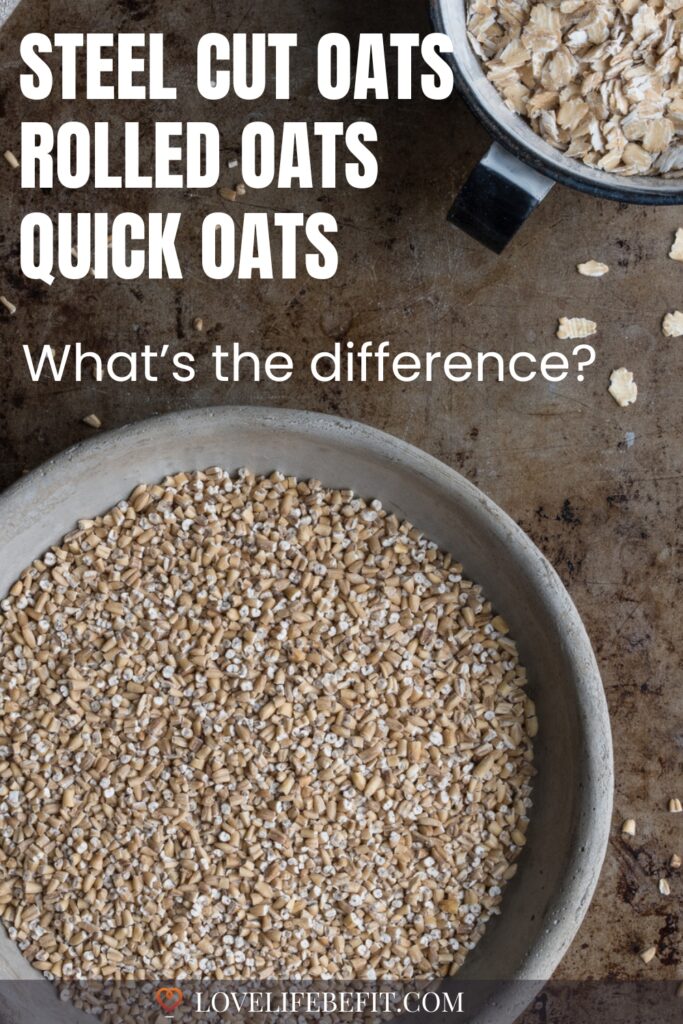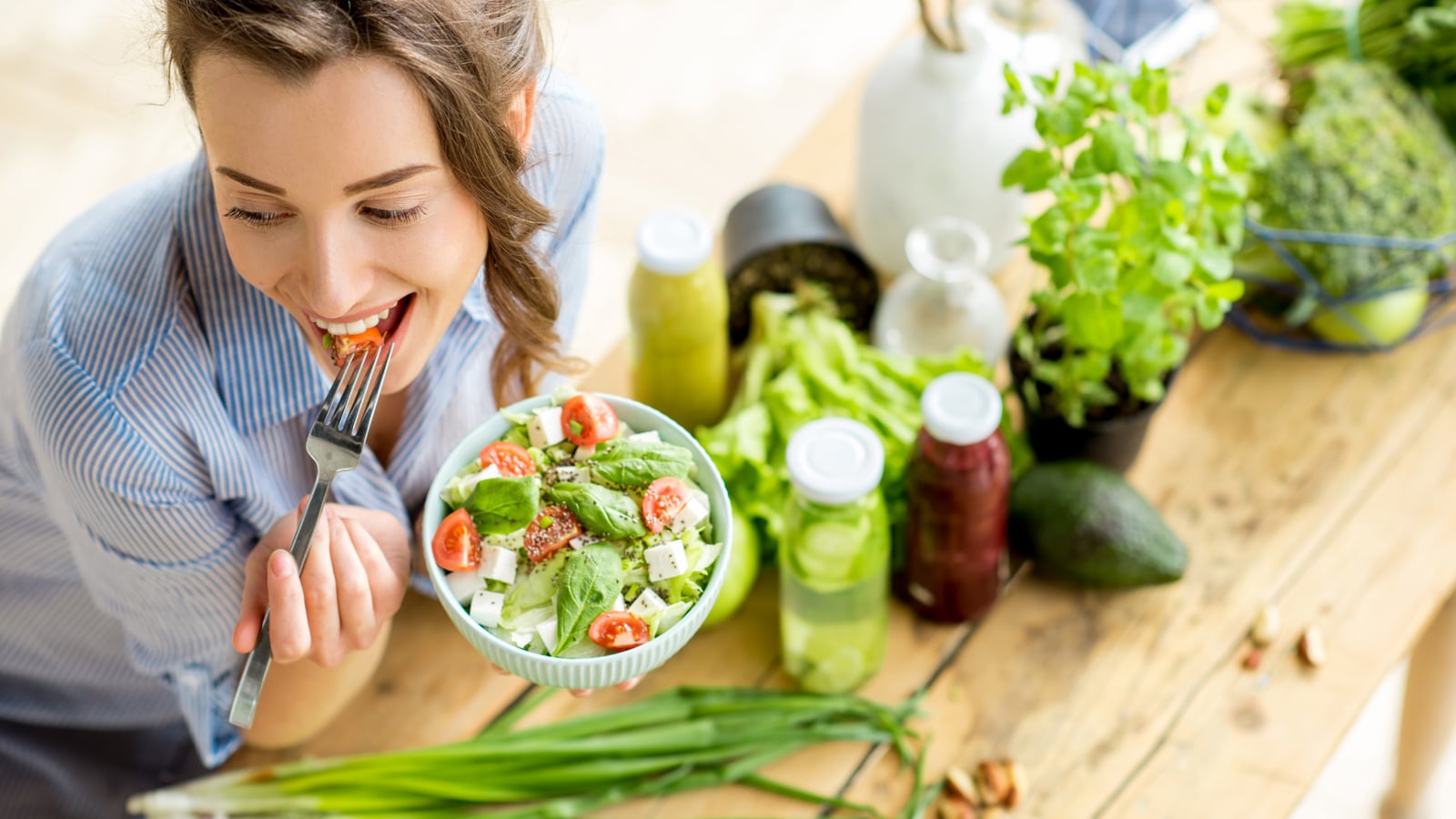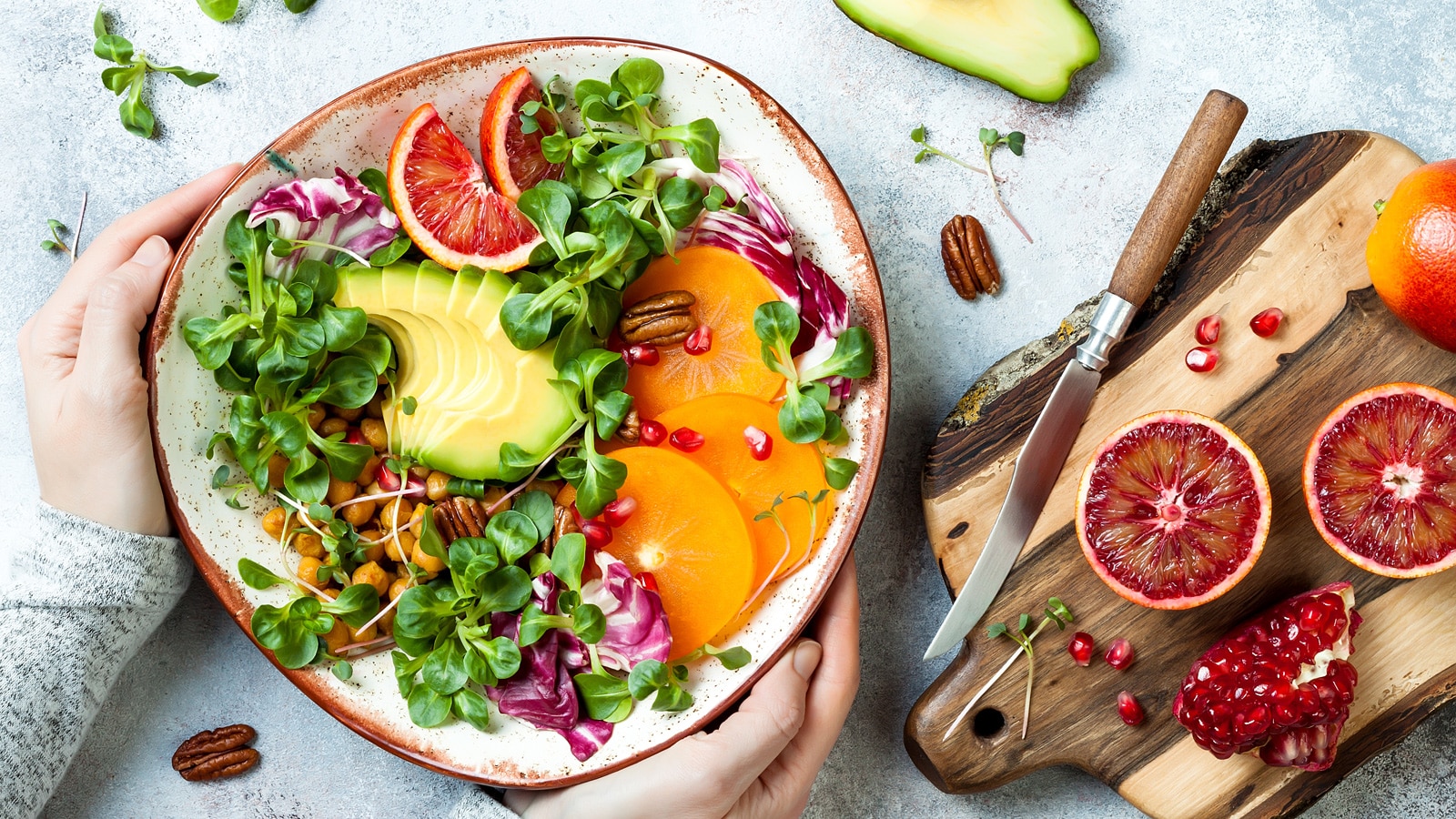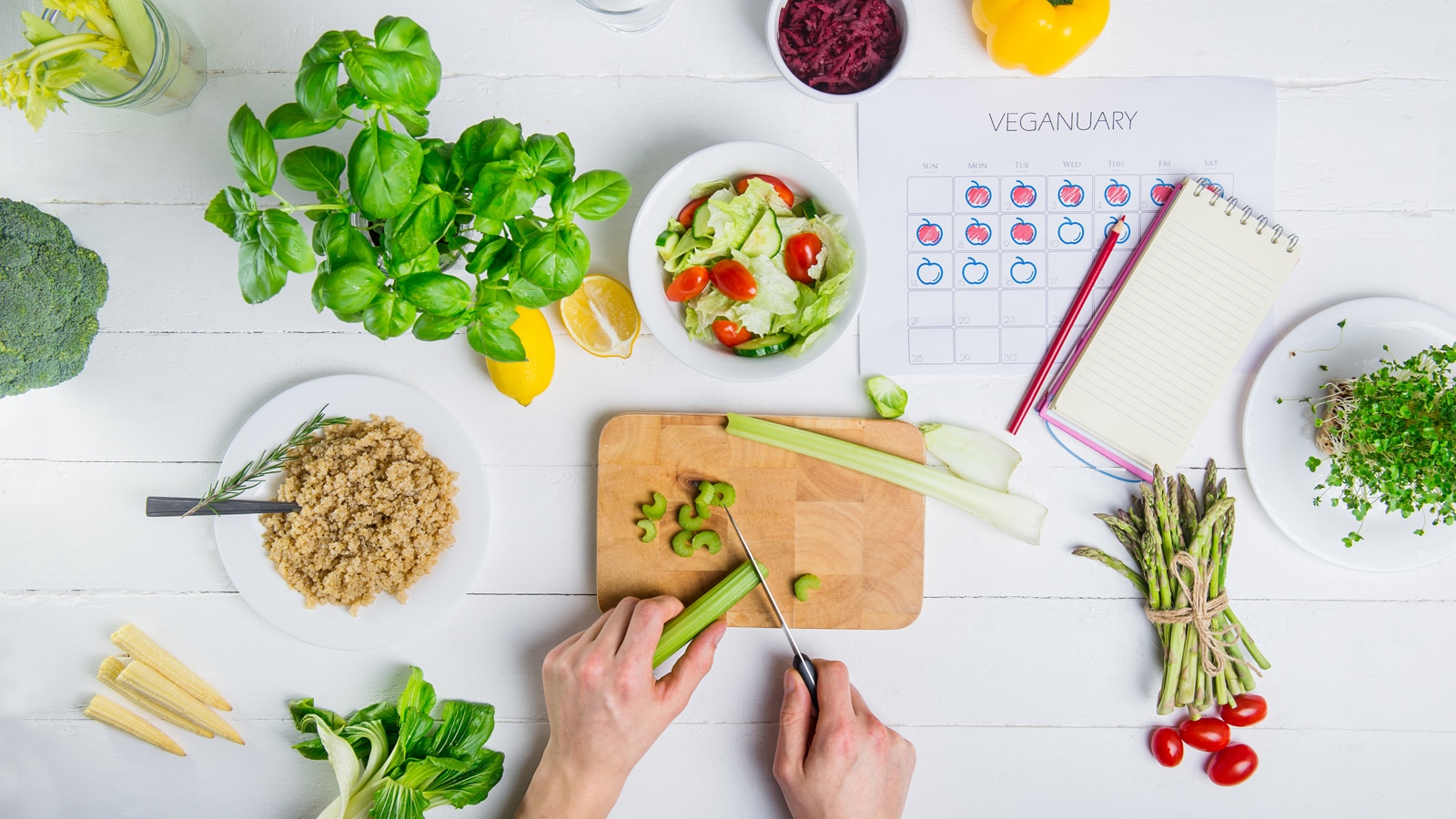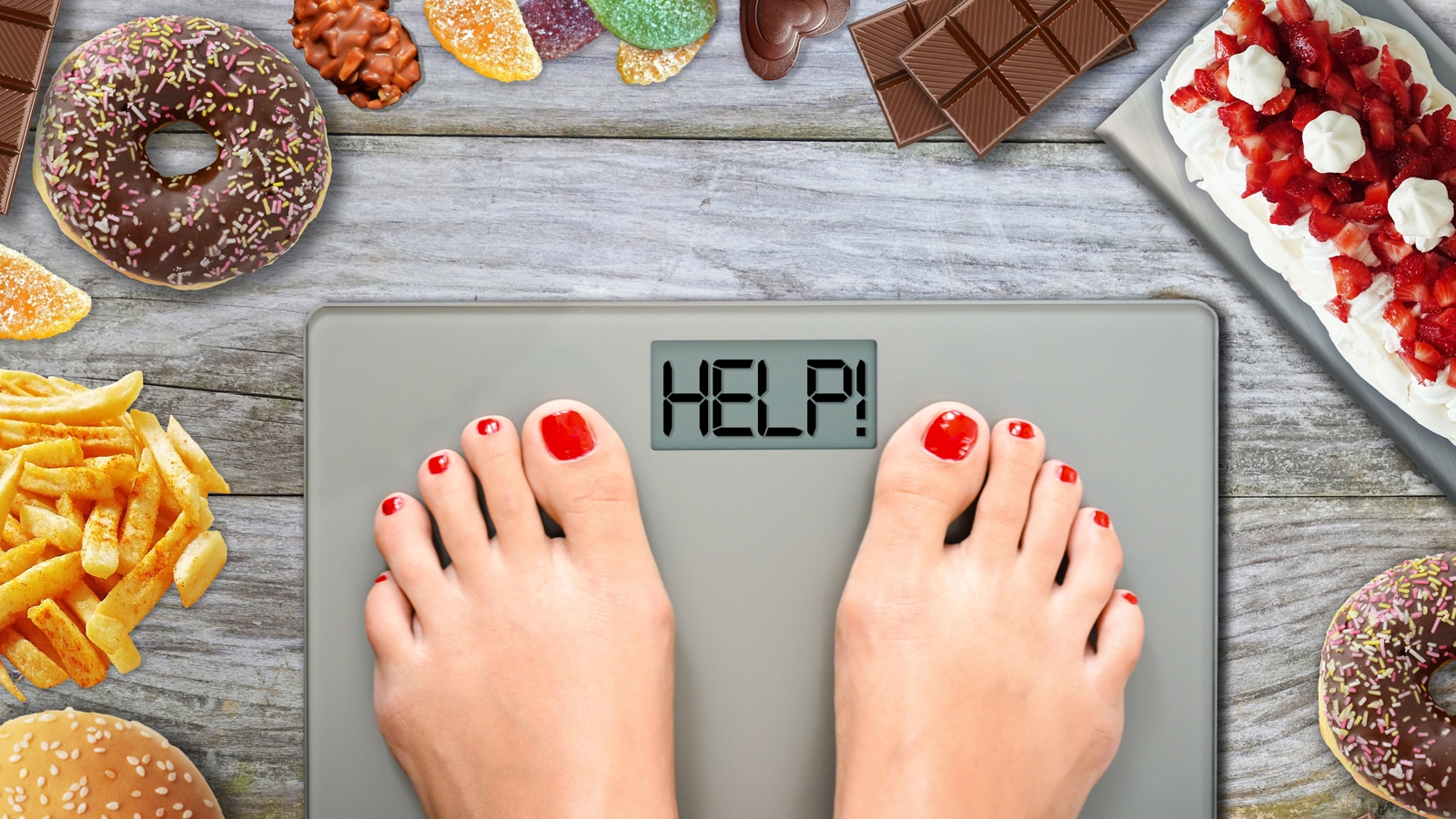Rolled Oats vs Steel Cut Oats vs Quick Oats (What’s The Difference)
Before you dive into my Overnight Oats Recipes, here’s a quick explanation of the difference between rolled oats vs steel cut oats vs quick oats.
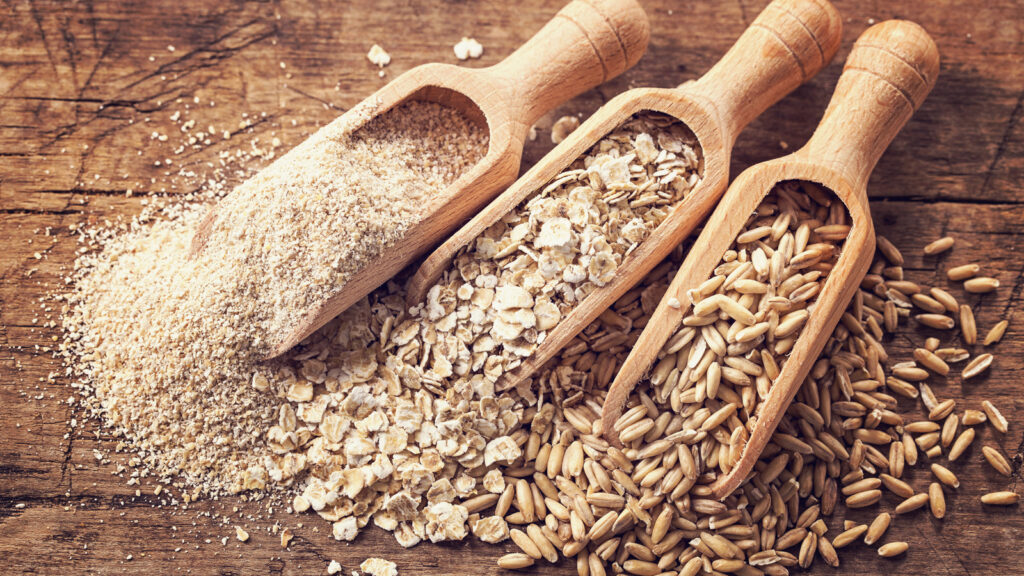
What Are Rolled Oats?
Rolled oats are a type of oats made from whole oat groats that have been steamed and then flattened by rolling into flakes to remove the moisture. Technically they’re not raw. The steaming process breaks down the starch in the oats making them easier to digest and giving them a longer shelf-life.
Also called old-fashioned oats, these oats are minimally processed providing all the benefits of eating oats with less of the downsides – indigestion and poor mineral absorption.
I love the explanation in this simple video:
Why It’s Best To Soak Or Cook Oats
Raw oats contain phytic acid, which can bind to minerals like calcium, magnesium, iron, and zinc making them unavailable for absorption.
If you’re a vegan it’s a big problem because you’re trying to get your essential minerals such as iron from plants. Vegans, need to eat food rich in iron such as kale, watercress, fortified cereals, dried fruit, and pulses.
Soaking or cooking reduces phytic acid levels in oats significantly. Soaking activates an enzyme in the oats called phytase that naturally breaks down phytic acid. While a handful of raw oats are safe to eat, it’s always better to soak or cook them if you want to benefit from their high mineral content.
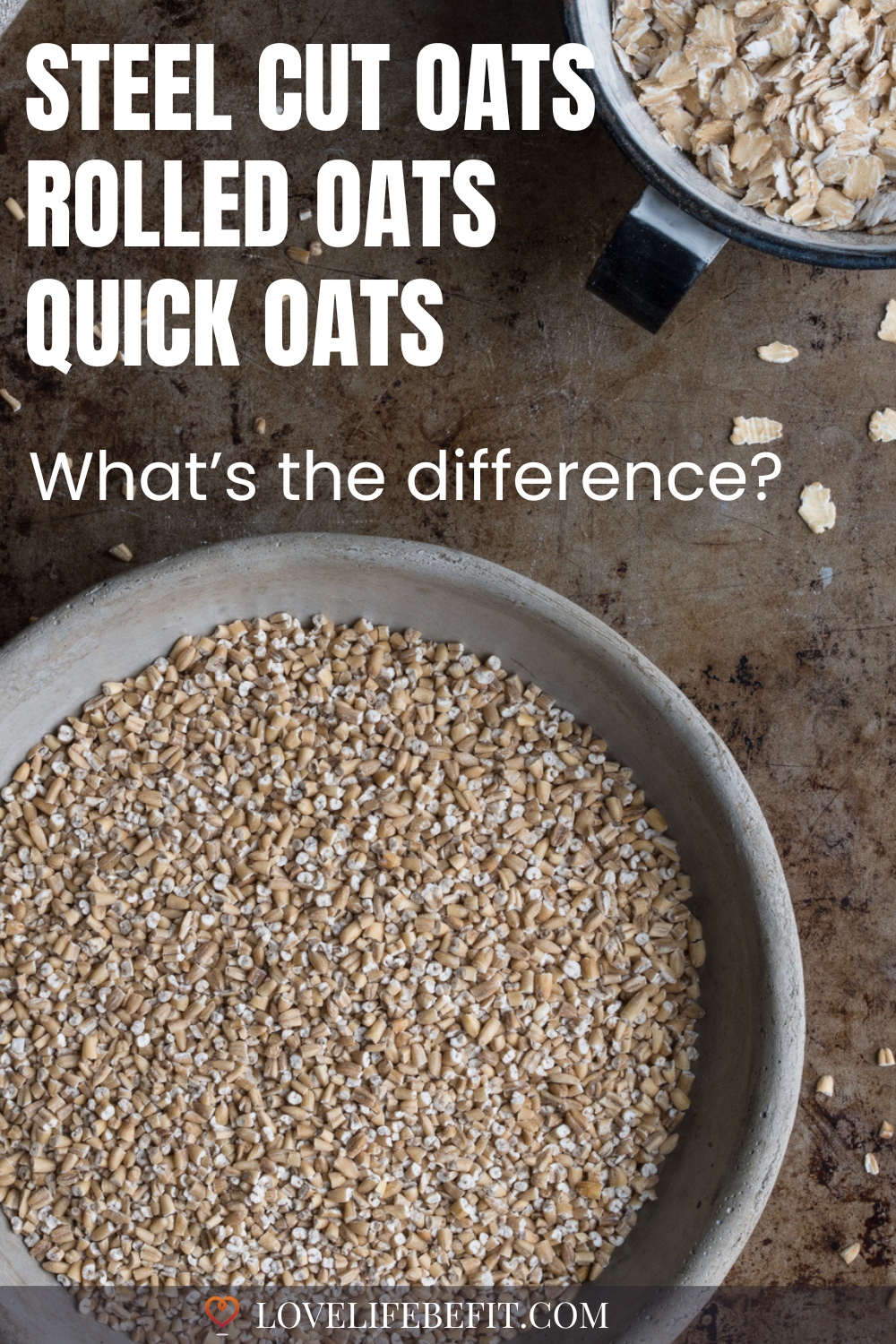
Types Of Oats
It can be confusing to understand all the different types of oats available and which are safe to eat raw – so here’s a quick breakdown:
Raw Oats
Whole oat kernels include an outer hull or husk surrounding the inner oat groats. For humans, the hull is indigestible. Eating it is unlikely to do any harm – it will just pass right through you undigested. Normally, completely raw oats are only fed to animals.
Oat Grouts
These whole grains are oats in their purest form with the husk removed. They may be safe to eat but very few people would eat these whole oats raw. It’s best to cook them or at least soak them for a long time before eating.
Steel Cut Oats
I love making porridge from steel-cut oats. Also called Irish oats, these are uncooked oats. They’re made by cutting the grouts into smaller pieces. Minimal processing means these whole-grain oats have very high fiber content and are low on the Glycemic Index (GI).
Cooking or soaking the raw steel-cut oats makes them easier to digest and breaks down the phytic acid content. I find them a bit chewy for overnight oats but it helps if you soak them a little longer.
Stone Ground Oats
Often called Scottish oatmeal, this raw oatmeal is very similar to steel-cut oats. The oats are ground into small pieces using stones. Again it’s best to soak or cook the raw oats for mineral absorption.
Rolled Oats
Rolled oats are not raw, they are steamed and rolled into flakes and have a large surface area that’s perfect for absorbing your favorite milk or water. Best-selling brands such as Quaker like to call their rolled oats old-fashioned oats.
Instant Oats or Quick Oats
These are rolled oats chopped up into smaller pieces – making them quick to cook and easier to digest. They lose their shape when you use them for overnight oats and can go a bit soft and soggy.
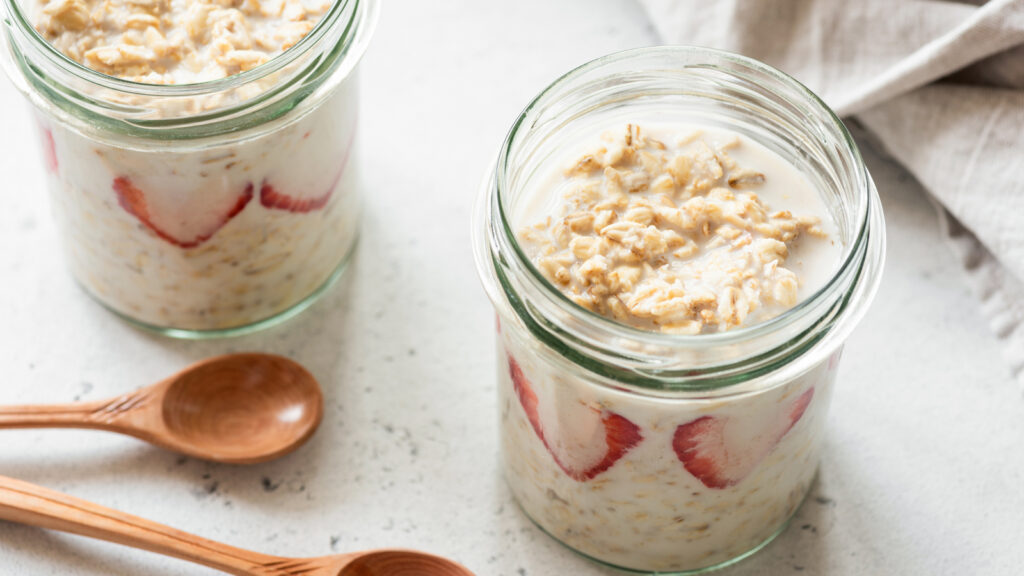
Health Benefits Of Eating Rolled Oats
Oats are amongst the healthiest breakfast cereals you can find in your local grocery store. These are some of their amazing nutritional benefits:
Good For Weight Loss
If you’re trying to lose weight, oats can help. They’re filling and satisfying so you’ll eat less during the day. That feeling of fullness from a bowl of overnight oats will keep you going until lunch!
A Complete Source Of Protein
Combined with nuts or chia seeds, oats make a delicious and complete breakfast with all the essential amino acids your body needs to stay healthy.
A Great Source Of Fiber
Both soluble and insoluble fibers are found in oats. The soluble fiber binds with water to form a gel that helps to slow down digestion. This type of fiber is also associated with lower cholesterol levels. Insoluble fibers are great for keeping you regular and promoting healthy gut bacteria.
High In Antioxidants
Rolled oats are a good source of selenium and avenanthramides – both powerful antioxidants. These nutrients help to protect your cells from damage caused by free radicals.
May Help Lower Blood Pressure
The high fiber and potassium content in oats can help to lower blood pressure. This is especially beneficial for people with hypertension.
Can Improve Blood Sugar Levels
Oats are a low glycemic index food, which means they don’t cause spikes in blood sugar levels. This is good news for people with diabetes or prediabetes.
May Reduce The Risk Of Heart Disease
The soluble fiber in oats binds with cholesterol and removes it from the body. This helps to keep cholesterol levels in check.
Rich In Vitamins And Minerals
Oats are a good source of vitamins, minerals, and phytonutrients. They’re especially high in B1, iron, magnesium, magnesium, and zinc. These nutrients are essential for energy production, cell growth, and a healthy immune system.
Overnight Oats
This overnight oats recipe soaks the oats overnight to make soft and delicious. I like to make mine with plant-based milk full of healthy fats and chia seeds. Top with fresh fruits and breakfast! Just right as a breakfast idea to grab and go for work!
Enjoy your oats and check out some of my latest overnight oats recipe ideas including Blueberry Banana Overnight Oats and Apple Cinnamon Overnight Oats!
